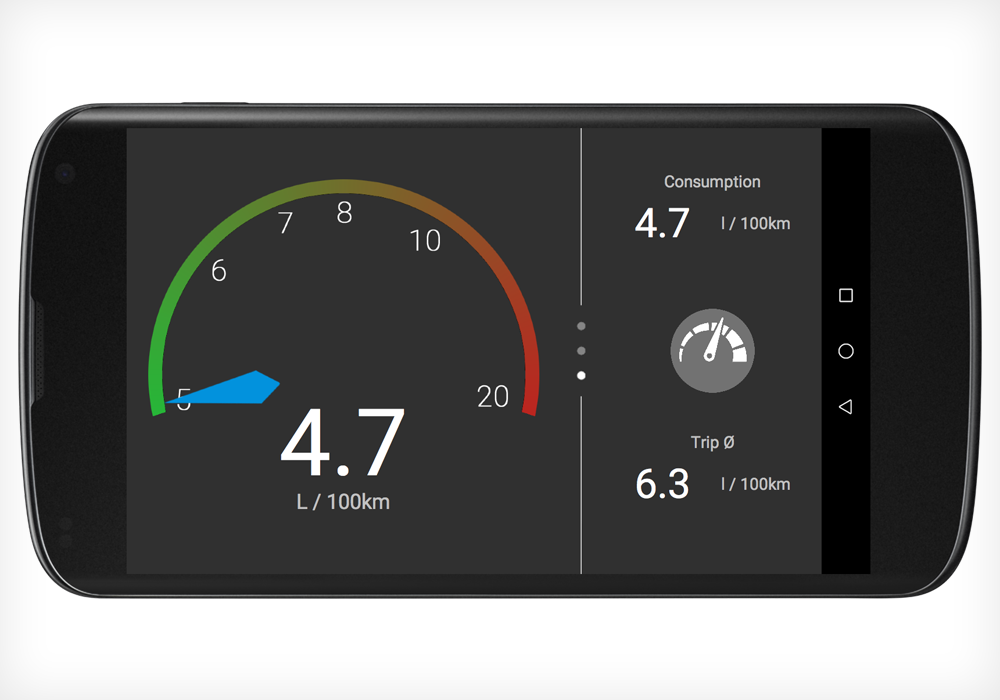Eco-Driving Information Systems
Almost 17% of the worldwide CO2-emissions can be ascribed to road transportation. Using information systems (IS)-enabled feedback has shown to be very efficient in promoting a less fuel-consuming driving style. Today, in-car IS that provide feedback on driving behaviour are in the midst of a fundamental change. Increasing digitalization of in-car IS enable virtually any kind of feedback. Still, not much is known about the impact such systems can have in real life and how to leverage this potential. As such, we aim to address the need for rigorous research on the impact of eco-driving feedback in our unique field test setting.
Read our latest publications on
Eco-Driving Information Systems
Dahlinger, A., Tiefenbeck, V., Ryder, B., Gahr, B., Fleisch, E., Wortmann, F. (2018), The Impact of Numerical vs. Symbolic Eco-Driving Feedback on Fuel Consumption – A Randomized Control Field Trial, Transportation Research Part D: Transport and Environment. [PDF]
Dahlinger, A., Wortmann, F., Ryder, B., Gahr, B. (2018), The Impact of Abstract vs. Concrete Feedback Design on Behavior – Insights from a Large Eco-Driving Field Experiment, CHI2018. [PDF]
Dahlinger, A., Ryder, B., Gahr, B., Tiefenbeck, V., Wortmann, F. (2017), Feldexperiment zur Wirksamkeit von konkretem vs. abstraktem Eco-Driving Feedback, Proceedings of the 13th International Wirtschaftsinformatik Conference, St. Gallen, Switzerland, 2017. [PDF]
Dahlinger, A., Wortmann, F. (2016), Towards the Design of Eco-Driving Feedback Information Systems – A Literature Review, Multikonferenz Wirtschaftsinformatik 2016.

